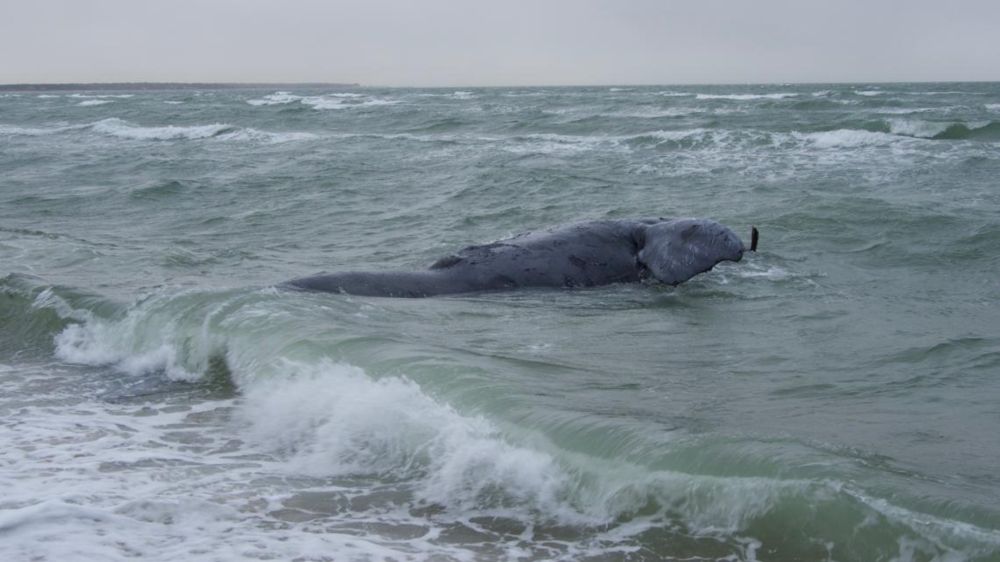
A current wrench in the gears is that the US can't even decide if that body of water is called the Gulf of Mexico or the Gulf of America. That alone is politicized/polarized & (for now) the whales would be no better off.
A current wrench in the gears is that the US can't even decide if that body of water is called the Gulf of Mexico or the Gulf of America. That alone is politicized/polarized & (for now) the whales would be no better off.

We did see patriotic framing 🇺🇸🐋 in quotes by scientists and conservationists, mostly in earlier stories (2021/2022). Attention cycles rely on drama, so the framing wouldn't likely do much on that front. Definitely other reasons to explore it further, though.
We did see patriotic framing 🇺🇸🐋 in quotes by scientists and conservationists, mostly in earlier stories (2021/2022). Attention cycles rely on drama, so the framing wouldn't likely do much on that front. Definitely other reasons to explore it further, though.
Discovering the world’s most endangered great whale species did not advance an issue-attention cycle in news media: Implications for Rice’s whale conservation and management
Open access link: link.springer.com/article/10.1...

Discovering the world’s most endangered great whale species did not advance an issue-attention cycle in news media: Implications for Rice’s whale conservation and management
Open access link: link.springer.com/article/10.1...
Discovering the world’s most endangered great whale species did not advance an issue-attention cycle in news media: Implications for Rice’s whale conservation and management
Open access link: link.springer.com/article/10.1...

Read it: bit.ly/RicesWhaleNews

Read it: bit.ly/RicesWhaleNews
In 2021 scientists id'd a new species of endangered whale in the Gulf of Mexico: the Rice’s whale. @emilyyeager9.bsky.social & I wanted to know if that discovery started a news cycle. Tl;dr - it didn't.
Read it in Ambio by @springernature.com: bit.ly/RicesWhaleNews

In 2021 scientists id'd a new species of endangered whale in the Gulf of Mexico: the Rice’s whale. @emilyyeager9.bsky.social & I wanted to know if that discovery started a news cycle. Tl;dr - it didn't.
Read it in Ambio by @springernature.com: bit.ly/RicesWhaleNews
podcasts.apple.com/us/podcast/l...

podcasts.apple.com/us/podcast/l...

(3/8)
(3/8)
We continued studying the issue-attention cycle about North Atlantic #rightwhale #science, #conservation, and #policy in six U.S. newspapers for the years 2023 and 2024. 🧵 below for key findings and read here: bit.ly/RWnews2.

We continued studying the issue-attention cycle about North Atlantic #rightwhale #science, #conservation, and #policy in six U.S. newspapers for the years 2023 and 2024. 🧵 below for key findings and read here: bit.ly/RWnews2.

Conservation science

Conservation science



dx.doi.org/10.3389/fcom...
As part of my dissertation, I analyzed nearly 13 years of U.S. news coverage about right whales using the issue-attention cycle framework.

dx.doi.org/10.3389/fcom...
As part of my dissertation, I analyzed nearly 13 years of U.S. news coverage about right whales using the issue-attention cycle framework.

